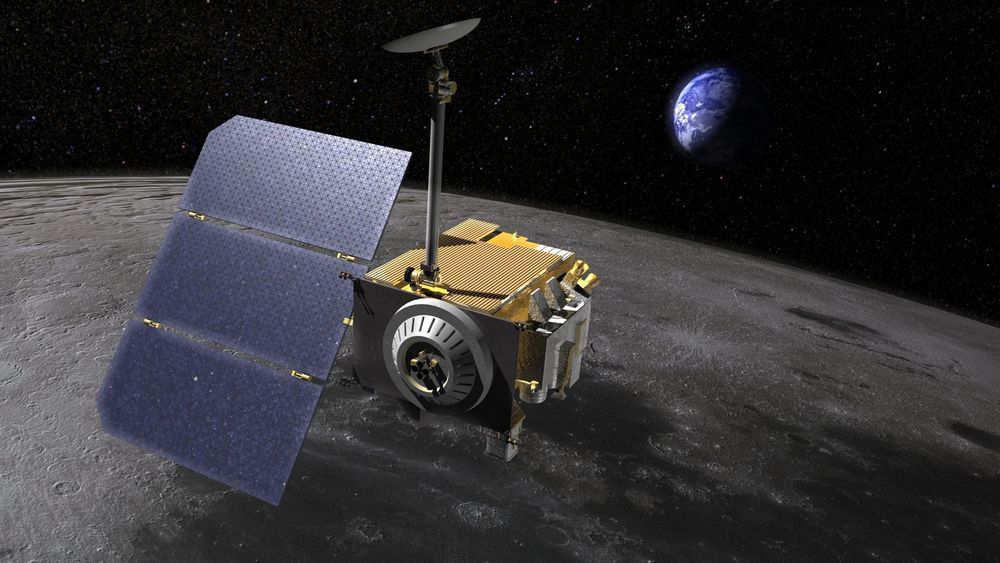A world first. New footage from Mars rendered in stunning 4K resolution.
Although the cameras are high quality, the rate at which the rovers can send data back to earth is the biggest challenge. Curiosity can only send data directly back to earth at 32 kilo-bits per second.
Instead, when the rover can connect to the Mars Reconnaissance Orbiter, we get more favourable speeds of 2 Megabytes per second.
However, this link is only available for about 8 minutes each Sol, or Martian day.
As you would expect, sending HD video at these speeds would take a long long time. As nothing really moves on Mars, it makes more sense to take and send back images.
Credits — NASA, ElderFoxDocumentaries.
#MARS #Marsin4K #MARSinHD #MARSVideo #OccupyMars #MarsSurface #NASA


